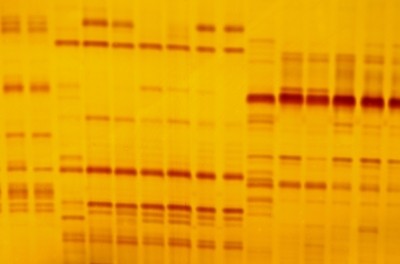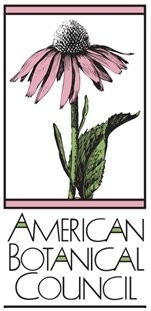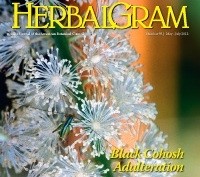Adulterants program to be priority for Stefan Gafner, ABC's new chief science officer

“For me the overall goal is that we enhance the credibility of natural medicine. That is my overarching goal. That is what I’ve always tried to do,” Gafner told NutraIngredients-USA. “If I can do a little notch in getting more scientific data out and get more credibility to herbal medicine then I’d be more than happy.”
Focus on adulterants
Gafner will have his thumb in a number of pies at ABC, said founder and executive director Mark Blumenthal. But his initial focus will be to help develop the organization’s adulterants program.
“When we first agreed to work together we sent him a job description that included a lot of different projects and responsibilities, which we have not yet hung around his shoulder,” Blumenthal said. “He is going to be the chief technical manager of the adulterants program handling a lot of lab methodologies reviews so that people have access to methods that are suitable and appropriate for detection and identification of adulterants as we publish these out one by one. That is such an important project is that a lot of his initial energy is going to be focused in that area.”
ABC’s adulterants program just seems to keep growing as the problems it seeks to address becomes more complex. Botanicals have been identified by the Food and Drug Administration as an area of particular concern within the realm of dietary supplements. Unintentional adulteration as a result of sloppy procurement procedures continues to be a problem and indications are that economic or intentional adulteration is on the rise. Instances abound of ingredients that were in limited supply suddenly becoming widely available after a spike in demand and popularity following mentions of a particular ingredient’s efficacy in the mainstream media. The steepness of those supply curves gives rise to suspicion, especially for certain hard to procure or difficult to manufacture ingredients. What exactly is in that stuff?
And the adulterers have become increasingly sophisticated, spiking certain low grade mixed plant powders with marker chemicals to mimic the test results of high grade extracts, for example. It can be hard for a quality control scientist to pick these instances out if they don’t know what they are looking for.
“I think the problem is fairly serious. I know we have a lot of good companies with great procedures in place and they won’t have too many issues with that. But still I think there are many instances where you can get a material and there something else is in there (that what is stated on the certificate of analysis),” Gafner said.
Furthering ABC's mission
But as the adulterants program gets more up to speed, Gafner will help ABC expand on its mission to be one of the go-to resources for information on herbal sciences, Blumenthal said.
“What we trying to do is to find a balance; as time goes on we are going to be putting some more logs on the cart. I’ve got a big bag full of stuff that I need help on,” Blumenthal said.
Gagner spent the last 14 years as the head of analytical science of Tom’s of Maine, which manufactures a line of herbal-based personal care products. While there he collaborated in the development of a licorice-based breath freshening extract for toothpaste.
Gafner received his degree in pharmacy at the University of Bern School of Pharmacy in the Swiss capital and earned his doctorate in pharmaceutical sciences with a focus on phytochemistry at the University of Lausanne in Switzerland. His doctoral thesis focused on the search for new antibacterial and antifungal compounds in medicinal plants in three plant families (Asteraceae, Bignoniaceae, and Myricaceae). Gafner did postdoctoral research at the University of Illinois – Chicago in the College of Pharmacy’s highly regarded Department of Medicinal Chemistry and Pharmacognosy.
















